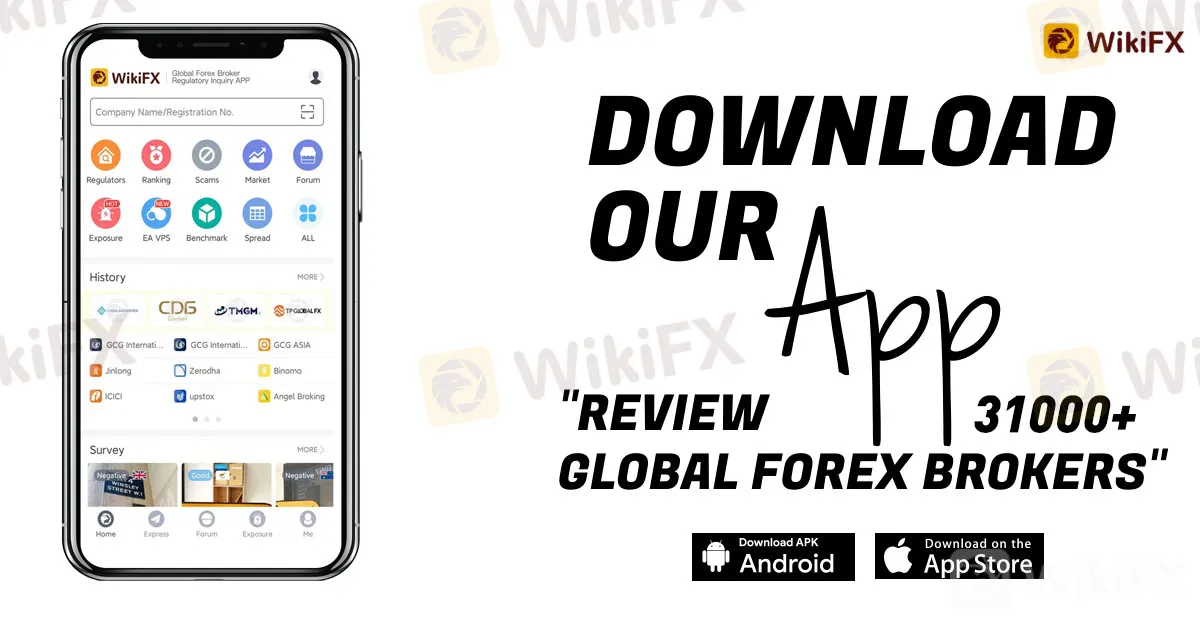简体中文
繁體中文
English
Pусский
日本語
ภาษาไทย
Tiếng Việt
Bahasa Indonesia
Español
हिन्दी
Filippiiniläinen
Français
Deutsch
Português
Türkçe
한국어
العربية
How Are FX Brokers Responding to Russian Sanctions?
Abstract:Western governments have responded to the Russian invasion of Ukraine with a barrage of economic sanctions. The major one is the European Unions ban of seven Russian commercial banks from accessing the inter-bank messaging network, SWIFT, which is used for cross-border payments transfer.

Foreign brokers have either terminated RUB pairs or imposed heavy restrictions.
Local brokers are directly affected by the sanctions.
The sanctions have not only affected business in Russia but also foreign companies that are providing services in Russia and having Russian clients. But, are forex brokers affected?
Well, foreign forex and CFDs brokers did not face any direct impact from the sanctions. But, the plummeting ruble and other Russia-linked company shares have forced the brokers to monitor the situation closely and take immediate steps.
Indeed, all the sanctions have deeply affected the value of the Russian ruble, which has plunged by around 35 percent against the US dollar in the past few weeks. Though RUB pairs are not among the top currency pairs being traded on the brokers, the volatility of the currency has alarmed the brokers.
Almost all the forex brokers were quick enough to change the trading conditions of the RUB pairs. Some put RUB pairs on close-only, while many have suspended RUB trading indefinitely. Forex.com, Dukascopy, Alpari and FXOpen were only a few names among these brokers.
However, a few brokers, including IG, continued to facilitate RUB trading but have increased the margin rate to 100 percent.
“The situation in Ukraine and its global ramifications are fluid and fast-changing. Were continuously monitoring developments in financial markets and shifting legal and regulatory obligations worldwide,” IG stated. It even took similar steps for the CFDs trading and spread betting of a long list of the Russia-linked company shares.
Removing Russian Clients
That's not all. Many brokers, which are providing trading accounts with RUB as the base currency, have stopped offering such accounts. Alpari notified its clients earlier this month that it will convert all RUB accounts to USD accounts.
“We are no longer offering Ruble-denominated accounts, and we will be taking action to convert all accounts that are currently denominated in Ruble to USD this week,” Alpari wrote in a notification email. “In order to make this change, we need all open positions on your account to be closed.”
JustForex was another forex broker that recently terminated all its relationships with clients not only in Russia but also in Belarus, the country which is acting as Russias ally in the invasion.
“Firstly, our company has decided to terminate all relationships with clients from the Russian Federation and Belarus. Opening new accounts for clients from these countries is prohibited,” the broker said in a statement.
Local Forex Brokers
Though many foreign forex brokers take Russian clients, the country has a small locally regulated market of forex brokers. But, the Central Bank of Russia only licensed four brokers to operate in the country.
Unlike foreign brokers, local ones in Russia have been directly impacted by the western governments sanctions. VTB Capital Forex, which is one of the four licensed Russian foreign exchange dealers, suspended all trading on February 25 indefinitely.
In addition, it was the bank that felt the strongest impact as it received all market quotations from its parent VTB Bank, which is one of the most heavily sanctioned Russian lenders now.
“The company, together with VTB Bank (PJSC), is currently developing a procedure for eliminating or minimizing the negative consequences of anti-Russian sanctions measures. The Company will resume trading operations in the near future,” the broker said.
Alfa Forex, another regulated Russian forex dealer and a subsidiary of Alpha Bank, put RUB pairs against USD and EUR earlier this month after it warned against a wide market spread that reached a critical level. But now it is considering to resume their trading again. However, it will increase the margin, keeping the leverage at 1:10.
Furthermore, Russias Association of Forex Dealers (AFD), which is a self-regulatory body, has taken steps to bring relief to the local forex brokers. It has suspended all control checks, including unplanned inspections of the member Forex dealers, until May 11. To further reduce operational burden, the self-regulator allowed members to operate without submitting any accounting resorts.

Disclaimer:
The views in this article only represent the author's personal views, and do not constitute investment advice on this platform. This platform does not guarantee the accuracy, completeness and timeliness of the information in the article, and will not be liable for any loss caused by the use of or reliance on the information in the article.
Read more

Will the Euro and US Dollar Reach Parity in 2025?
Euro-dollar parity sparks debate again as 2025 approaches, with multiple factors shaping the exchange rate outlook.

US Dollar Surge Dominates Forex Market
The global forex market continues to show volatility, with the U.S. dollar fluctuating last week but overall maintaining a strong upward trend. How long can this momentum last?

Oil Prices Soar for 5 Days: How Long Will It Last?
Last week, the global oil market saw a strong performance, with Brent crude and WTI crude prices rising by 2.4% and around 5% respectively. Oil prices have now posted five consecutive days of gains. But how long can this rally last?

How Big is the Impact of the USD-JPY Rate Gap on the Yen?
The U.S. Federal Reserve's repeated rate cuts and the narrowing of the U.S.-Japan interest rate differential are now in sight. So, why is the U.S.-Japan interest rate differential so important for the yen’s safe-haven appeal, especially when global economic uncertainty rises?
WikiFX Broker
Latest News
Good News Malaysia: Ready for 5% GDP Growth in 2025!
How to Automate Forex and Crypto Trading for Better Profits
Is the stronger dollar a threat to oil prices?
Rising Risk of Japan Intervening in the Yen's Exchange Rate
How Far Will the Bond Market Decline?
U.S. to Auction $6.5 Billion in Bitcoin in 2025
Standard Chartered Secures EU Crypto License in Luxembourg
Trading Lessons Inspired by Squid Game
Is Infinox a Safe Broker?
How Did the Dollar Become the "Dominant Currency"?
Currency Calculator






